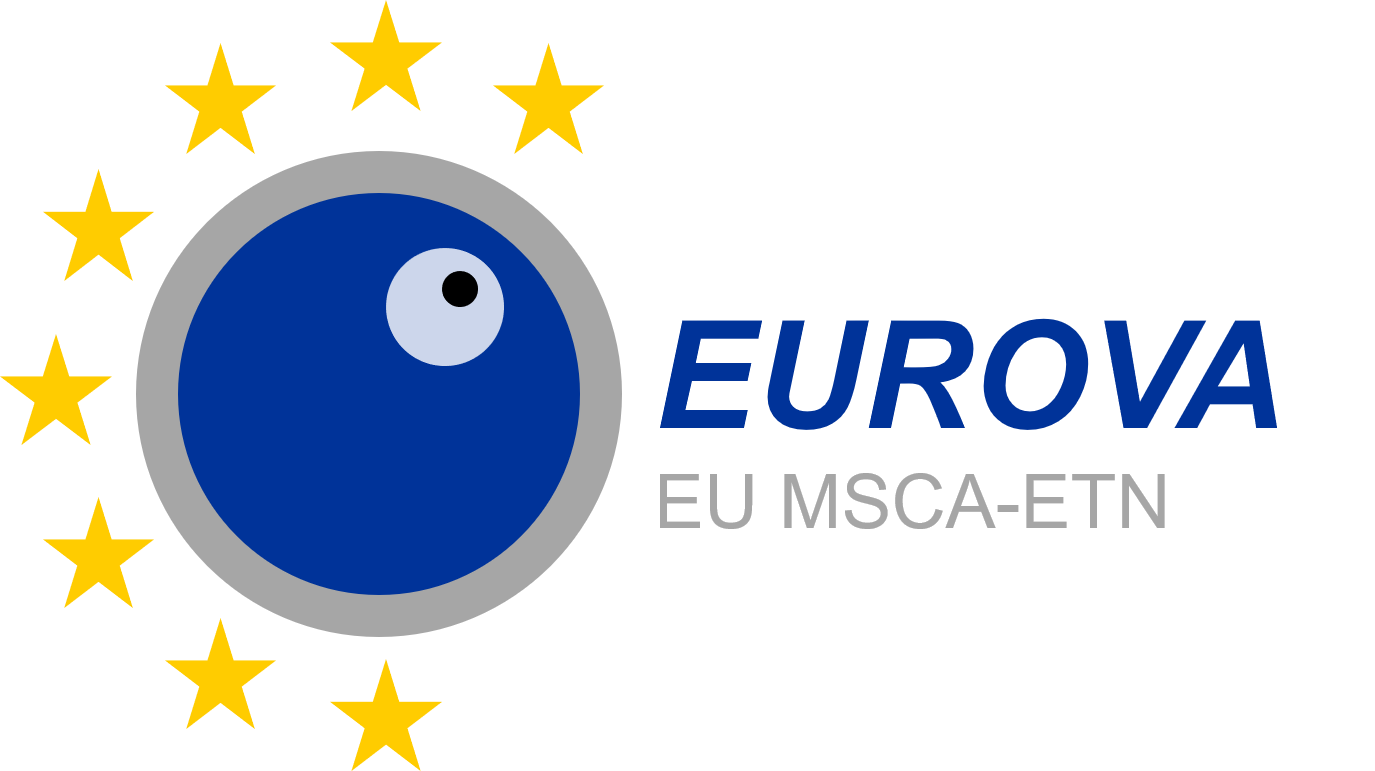Ms. Aimilia Zisiadi
ESR 4
Supervisor: Professor Ellen Anckaert, Vrije Universiteit Brussel
Planned secondments: Babraham Institute (3 months) (3M) & UZ (3M)
Email: Aimilia.Zisiadi@vub.be
My name is Aimilia Zisiadi and I am a biology graduate from the Department of Biological Applications and Technology of Ioannina, Greece. I have a passion for Reproductive Biology which begun when I spent a summer as an intern at the Fertility Clinic of the University hospital of Ioannina. For my Master’s thesis, I established an isolation method for granulosa cells from the follicular fluid of women undergoing assisted reproduction and I tried to characterize the cells’ properties so I could better understand the mechanisms behind folliculogenesis and oocyte development. I am fascinated by embryology and follicle biology and through my research in the EUROVA Consortium, I am looking to contributing to the exploration of alternative fertility treatments.
My project
Nowadays, an increasing amount of female cancer patients are surviving, but the gonadotoxic effect of treatments such as chemotherapy and radiotherapy leave them facing infertility. For pre-pubertal women, women without a partner or women that do not have time for an IVF cycle, the most common solution is ovarian tissue cryopreservation. However, this method has an underlying risk of reintroducing cancerous cells back to the woman during transplantation. That is why the idea of in vitro maturation (IVM) of oocytes is getting much attention. It has been shown, that culturing entire follicles instead of oocytes may lead to larger amounts of good quality mature oocytes because of the interaction of the oocyte with the ovarian cells that surround it. Consequently, many researchers have been trying to find the most suitable method for in vitro follicle cultures, firstly, in non-human models.
The subject of my project is the optimization of in vitro culture methods in mice. In order to do that, we aim to create an ideal 3D follicle culture system that will increase the number and quality of antral follicles produced during the culture. Up until now, the most frequently used method is the 2D culture system, which unfortunately does not lead to the best quality oocytes. By creating an optimal In Vitro 3D-follicle culture system (IFC) we can closely monitor all stages of follicle maturation and by incorporating extracellular matrix (ECM) components, growth factors or even somatic feeder cells, we can create an ideal environment for follicle maturation that resembles the in vivo conditions. Firstly, we will have to decide, whether an encapsulation method or a non-attachment system is more suitable and what components will supplement the culture medium. The method must permit the follicles to keep their 3D configuration and interact with their surrounding cells. Secondly, we will have to make sure that the conditions used for the IFC lead to normal folliculogenesis with proper oocyte maturation, no physiologically significant epigenetic alterations and healthy offspring’s. Finally, given that the results are encouraging, this system can be implemented for the culture of human follicles and perhaps someday it can become a new fertility preservation technique.

